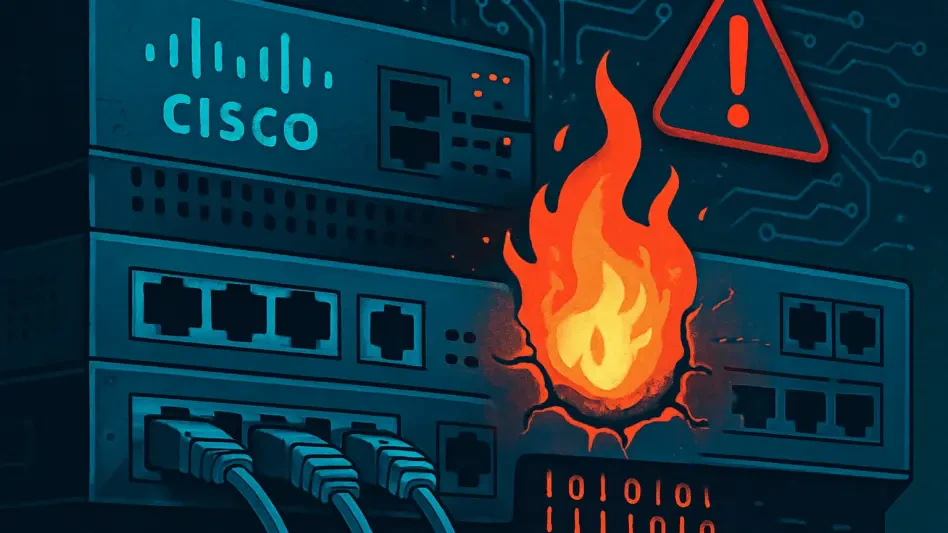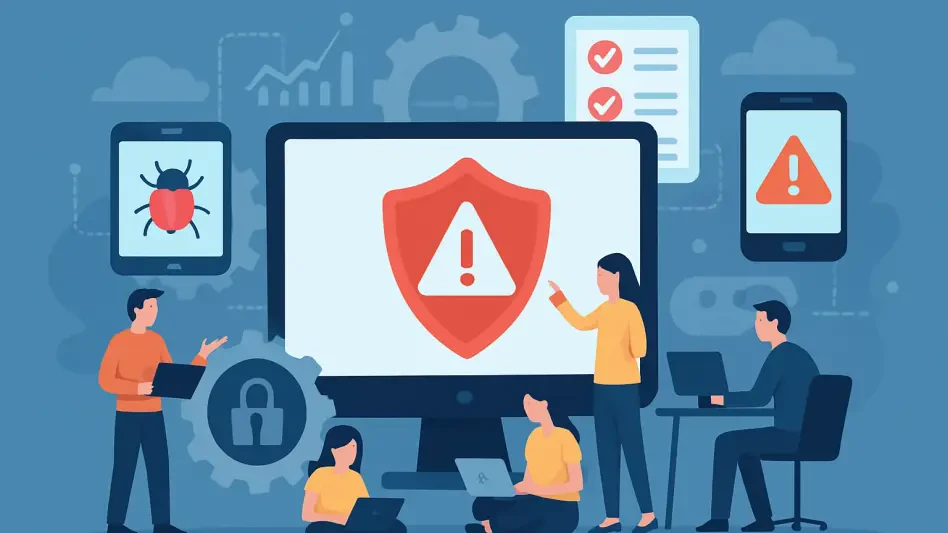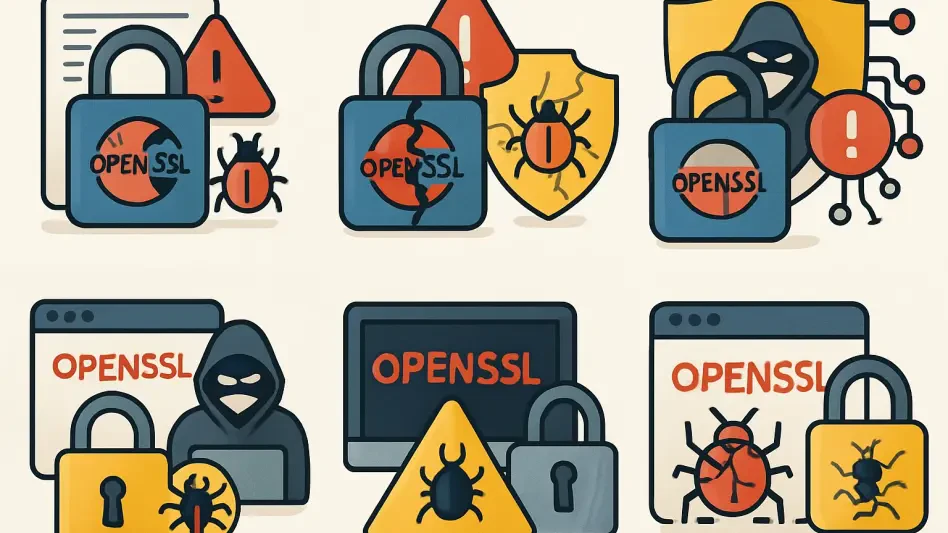The digital age has transformed enterprise operations, but along with it, the cybersecurity landscape has evolved and become more complex. As cyber threats grow in sophistication, businesses increasingly turn to artificial intelligence (AI) to bolster their defenses. The purpose of this roundup is to collect expert insights on the transformative potential of AI agents in enhancing enterprise cybersecurity.
Setting the Stage for AI’s Role in Cybersecurity
The cybersecurity landscape is increasingly sophisticated and varied, with threats becoming more nuanced each year. The emergence of AI in this field promises breakthrough capabilities in combating cyber threats. AI brings game-changing potential to modern cybersecurity strategies by recognizing patterns and detecting anomalies faster than human efforts ever could. However, it’s essential to consider both the advantages and challenges AI adoption entails within the cybersecurity domain.
The Autonomous Guardians of Data
Leveraging AI Agents for Real-Time Threat Detection
AI offers a significant advantage in identifying and neutralizing threats in real-time. By analyzing vast datasets, AI can pinpoint irregular activities that may signify a breach. This capability allows organizations to respond to threats more swiftly than relying solely on human operatives. Some industry leaders hail this as a crucial advancement, pointing out successes where AI-driven threat detection has mitigated risks effectively. However, challenges remain, particularly in debates around over-reliance on AI versus human decision-making in cybersecurity strategies.
Enhancing Incident Response through AI
AI’s speed and efficiency in incident response are reshaping crisis management within enterprises. Real-world applications show how AI facilitates rapid response and mitigation, significantly reducing downtime and potential damage from cyber incidents. Yet, experts caution about the overdependence on AI, highlighting the necessity of human oversight to avoid unforeseen risks. Striking a balance between AI automation and human intervention is crucial for an effective cybersecurity strategy.
Predictive Analytics and Preemptive Protection
AI’s capabilities extend to predictive analytics, potentially predicting and preventing attacks before they occur. This proactive approach heralds the cutting edge of AI application in cybersecurity, enabling organizations to be a step ahead of cyber threats. Different regions around the globe adopt these technologies at varied paces, influenced by factors like infrastructure and regulatory environments. Future innovations in AI-driven security promise even more sophisticated defenses against emerging threats.
AI-Powered Identity and Access Management
Securing user access with AI-enhanced identity and access management systems marks another critical advancement. AI-driven systems offer next-generation authentication methods, which outperform traditional access controls in both security and efficiency. As we compare traditional and AI-enhanced systems, the evolutionary potential of AI in managing identities and access becomes evident. Speculations suggest that AI will continue to revolutionize this aspect of cybersecurity.
Strategic Implementation of AI in Cybersecurity
Businesses exploring AI for their cybersecurity needs must understand critical insights about its integration. The key takeaways revolve around understanding AI’s potential, aligning it with security protocols, and anticipating potential pitfalls. Implementing AI agents effectively requires best practices such as regular updates, continuous monitoring, and integrating AI systems seamlessly with existing defenses. Practical steps for leveraging AI encompass initial assessments, pilot programs, and scaling successful implementations to enhance security comprehensively.
The Future of AI in Enterprise Cybersecurity
The role of AI in cybersecurity has become indispensable and will continue to be paramount in protecting enterprise data. Long-term implications of AI, such as advanced predictive capabilities and automated defenses, promise to reshape cybersecurity landscapes significantly. Security leaders stand at a pivotal point where strategic directions and proactive measures will determine the effectiveness of AI integration moving forward.
To summarize, the insights gathered bolster the understanding that AI agents are crucial in modern cybersecurity strategies. By continuously innovating and balancing automation with human oversight, enterprises can safeguard their systems more effectively against ever-evolving threats. As technology and threats advance, the discussion around employing AI in cybersecurity will remain dynamic and critical.







